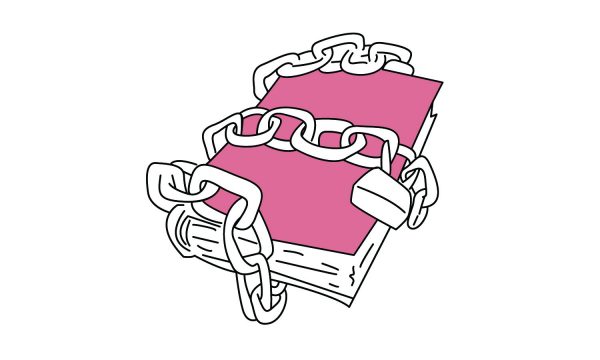Dictionary.com officially coins Christmas as “the annual festival of the Christian church commemorating the birth of Jesus, celebrated on December 25 and now generally observed as a legal holiday and an occasion for exchanging gifts.”
However, followers of Christianity do not have a 100 percent accurate date of birth for their savior, Jesus Christ. Despite this fact, celebrations of Christmas date all the way back to B.C. 336 with the first Christian Roman Emperor. The Christmas gift-giving tradition actually began with one of the numerous versions of Saint Nicholas, or “Santa Claus,” a saint that was well-known for being a generous giver to unfortunate children.
Regardless of your religious beliefs or cultural traditions, I think everyone can agree that, for the most part, Christmas has been far removed from solely celebrating the birth of Christ and representing the gifts given by the variations of “Santa Claus.” Instead, the end of December has turned into an excuse to blow retail consumerism rates out of all reasonable limits in America.
The National Retail Federation released an October 2016 consumer survey that concluded: “American consumers plan to spend an average $935.58 during the holiday shopping season.” This brings the total retail sales to $655.8 billion in November and December alone, with online sales taking up $117 billion of the 12-digit statistic.
Basically, Christmas and the holiday season is the corporate equivalent to letting a little kid shoot their first dove out of a tree on opening day – it is easy pickings. Instead of being a time to gather with family, worship and eat traditional foods – which is a gross expenditure on its own – it is a trap to guilt Americans into going further in debt to keep up with consumerism, which in the derogatory sense means to preoccupy society with the acquisition of consumer goods.
However, offsetting the projected spending found in the survey, it was also determined that the holiday season would essentially create “between 640,000 and 690,000” temporary positions. So, even though a tremendous amount of money is spent, a portion – though it be small – is given back to those who take on a second job during the holidays. Although, the reality of that scenario is that those workers turn their profit back into holiday shopping, creating the never-ending cycle that is consumerism.
I am all for spending the holidays with family and even spoiling yourself with a gift, nevertheless the amount of money spent around Christmas time, in America alone, is such an outrageous amount that I can’t help but to think about all the different ways that kind of money could benefit those who struggle to pay for food, water and shelter.






Quoting the article, “. . . celebrations of Christmas date all the way back to B.C. 336 with the first Christian Roman Emperor.”
Seriously, a Christian more than 300 years before Christianity existed? Ignorance, or bad editing?